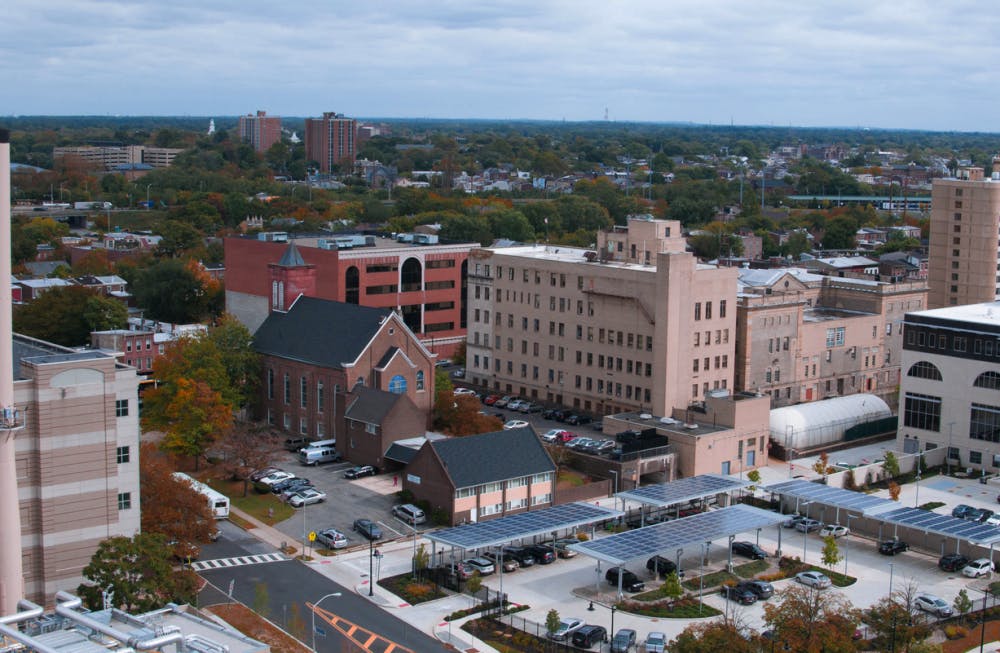On Tuesday, March 18, my Race, Gender and The News class taught by Professor Kim Pearson, had a field trip to the Trenton Area Soup Kitchen. As a collective, our goal was to speak with the staff and homeless patrons at TASK to get their opinions of the local media coverage of poverty.

During our visit, several of the tutors and homeless patrons reiterated the notion that poverty is under-covered in the news. They said the media tends to either focus on the negative stereotypes or ignores the issue entirely.
I personally feel that the coverage of poverty is an important issue because those who are in the poverty level or who are homeless are often not configured into statistical reports that the media releases.
According to a census conducted in October of 2013 by the U.S. bureau of Labor Statistics, the unemployment rate in Mercer County is 6.9 percent. This can be compared to the New Jersey unemployment rate of 8.4 percent, according to the same census.
However, the percentages, in reality, are probably lower than what is reported. Typically, the reports do not include the people who have given up looking for employment, are working multiple jobs to remain afloat or are homeless. These people have become invisible in our own county.
Amazing programs like TASK, Homefront and ArtSpace are not only trying to help those who are suffering from homelessness and poverty, but they are also trying to positively reinforce their lives by having the patrons create paintings, poetry and skits. Why isn’t the media covering this? While a couple of local organizations cover the happenings at these places, most do not.
There really are some great organizations and events that are held in Trenton, like the Gandhi Garden, in honor of helping those in need, but without local coverage they will go unnoticed. Media has such power and so much influence over what the general public pays attention to, whether the information is distributed in print or online.
Using the same journalistic practices of reporting and informing the public about local issues, like poverty, journalists have the potential to be the catalysts to great changes.







